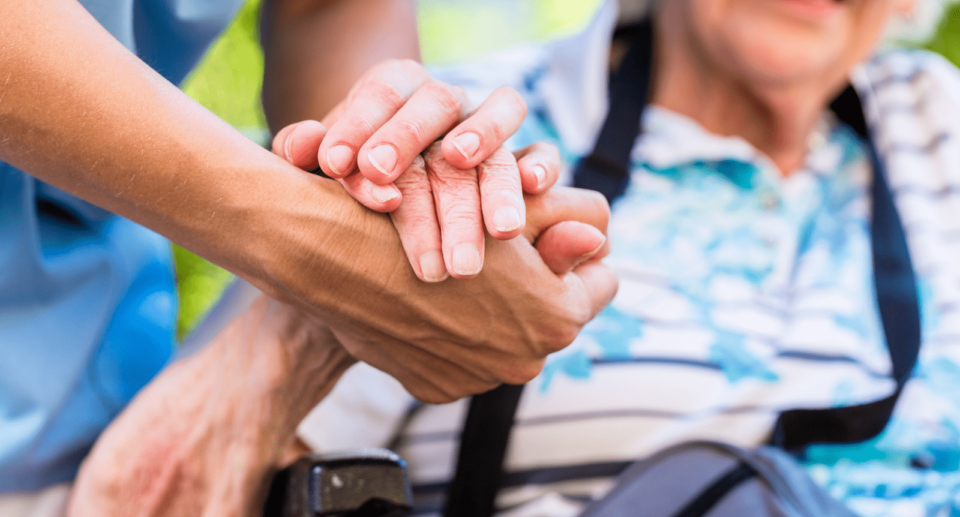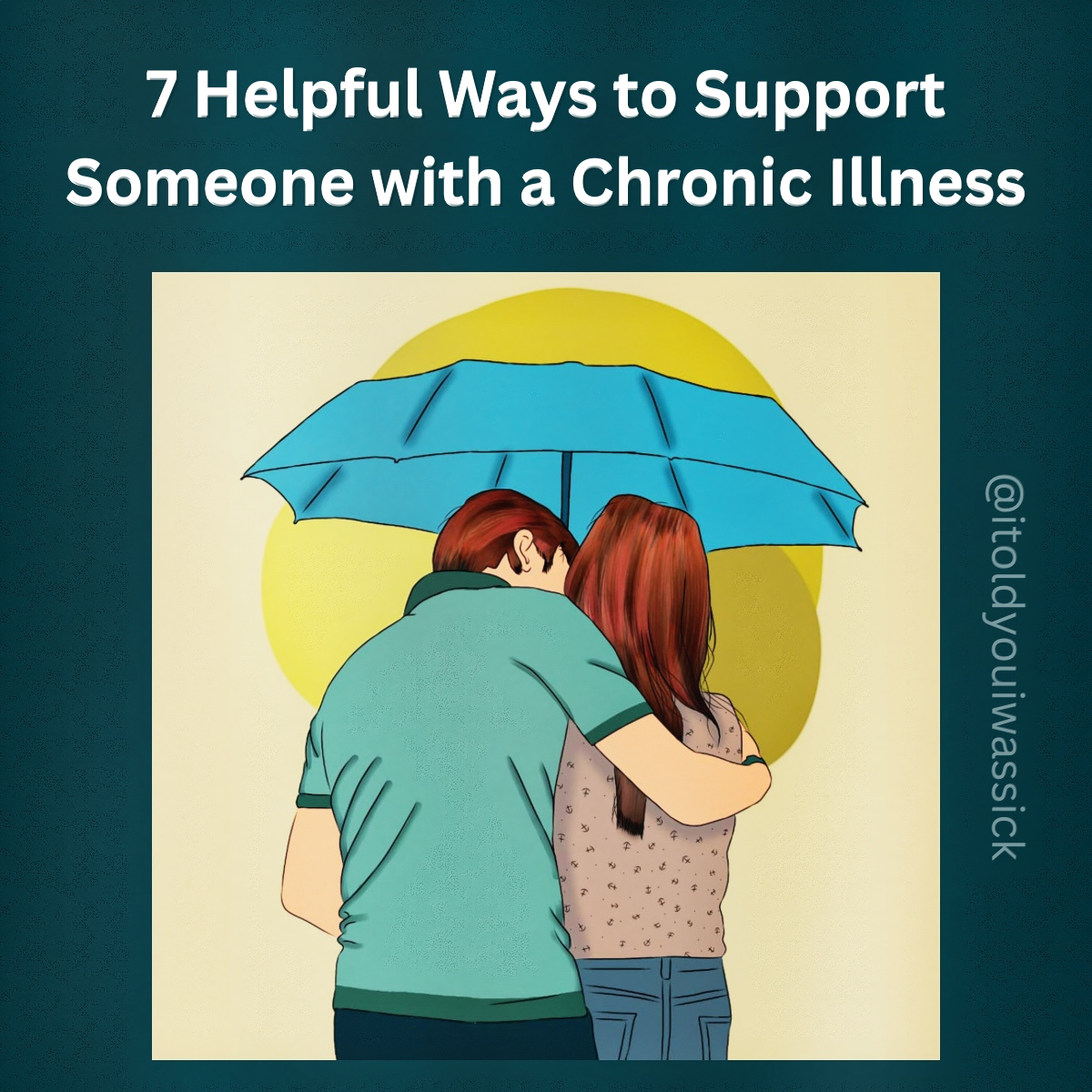
If you’re on a plane and an oxygen mask drops, you’re instructed to put your mask on before assisting others. If you can’t breathe, you won’t be able to help anyone else. That means that caring for yourself is essential for caring for others. The only way to properly care for someone is when you’re healthy enough to care for them.
The stress and strain associated with caregiving is unmatched. Most of the time, caregivers are at risk for a decline in physical and emotional health.
In the quest to offer the needed support to the vulnerable, caregivers often forget they are also human and are susceptible to the consequences of prolonged stress and overexertion of the mind and body.
Caregivers face many challenges that, if not checked and managed, will pose chronic health implications for the victims.
Let’s look at a few of these challenges:
- Sleep deprivation
- Poor eating habits
- Inability to exercise the body
- Inability to follow medical routines
- Overworking the body
- Caregivers go through unbearable worry, stress, depression, and exhaustion in their line of activity. Studies have shown that 46 to 59 percent of caregivers get hit with various forms of clinical illness.
- Should we then conclude, “Each one for himself, God for us all?” Of course not. It’s important to care for others. However, it’s also important that your physical, emotional, and mental needs are being met.
- While carrying out your caregiving roles, do not forget to make it a priority to practice the following tips to help maintain your well-being and health and enable you to provide the needed care to others.
Pay heed to the following guide:
- Always take care of yourself and your needs. Pay attention to your body’s behavior changes. Inability to sleep, loss of appetite, weight loss, or weight gain are some of the few things to observe regularly. Once you notice any changes in the trend of these, seek the earliest medical help.
- Eat a well-balanced diet. Healthy foods can heal the mind and body while unhealthy foods can lead to decline.
- It is imperative that, as caregivers, we commit to good eating habits that can provide us with the energy to carry out various activities.
- Prioritize regular exercising. Regular exercises promote good mental health and mood. It also helps reduce blood sugar levels, strengthen bones, and control weight.
- Exercising is not as complex as people may take Regular walks, jogging, taking the stairs, and other indoor exercises are all good for the body.
- Make a schedule for rest periods. Resting the body helps reduce stress and anxiety, develops a robust cardiovascular system, decreases blood pressure, and improves mood.
- Seek regular medical care. A routine medical check-up will enable you to detect any potential illness before its symptoms become an issue.
- When caregivers become so consumed in their roles, they struggle to spend time and effort on their health and well-being. Don’t let your health decline to the point where you’re no longer able to care for others.
Taking care of others is honorable and worthy, but shouldn’t be done at the risk of your health. It is possible to both care for others and care for yourself.
You don’t have to become ill or depleted to care for others. Helping the sick, the aged, and the vulnerable is good. But remember, your well-being is important too.









